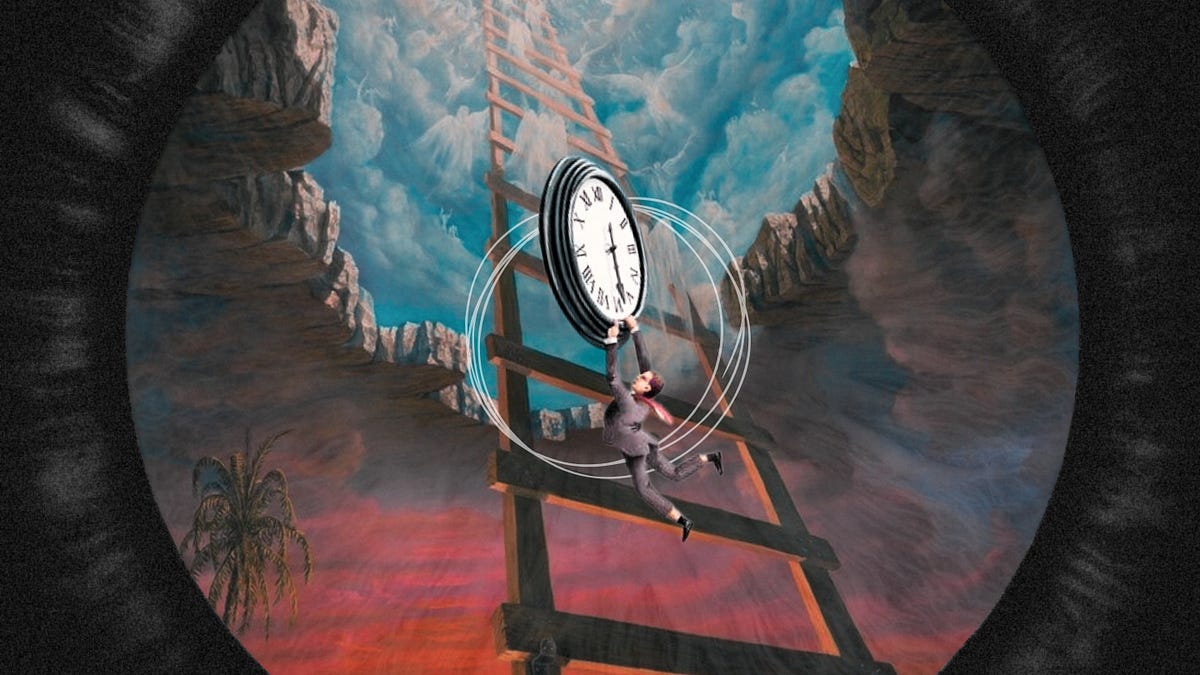It turns out humanity can’t even clean up its mess without making another one.
The defenses are varied, but in the end, they are all psychological. We don’t just barricade the door; we barricade the mind. Instead of facing collapse head-on, we invent distractions, rituals, and stories to blunt the edges of dread. Call it resilience, call it denial — either way, it’s survival theater. The walls we build aren’t made of concrete, but of selective memory, scrolling feeds, and convenient half-truths.
And yet, none of it makes the world less overwhelming. Climate breakdown, inequality, surveillance, disinformation — it’s all too much to metabolize at once. So we flinch, delay, rationalize, laugh it off. These are not personal quirks; they’re defense mechanisms, coded into the way we process threat. Some soothe, some numb, some distract. All of them shape how we move through the wreckage.
Some tricks help us cope. Others keep us trapped. And the line between the two isn’t always as clear as we want it to be.
Forget about depressing global averages for a moment and follow me here.
